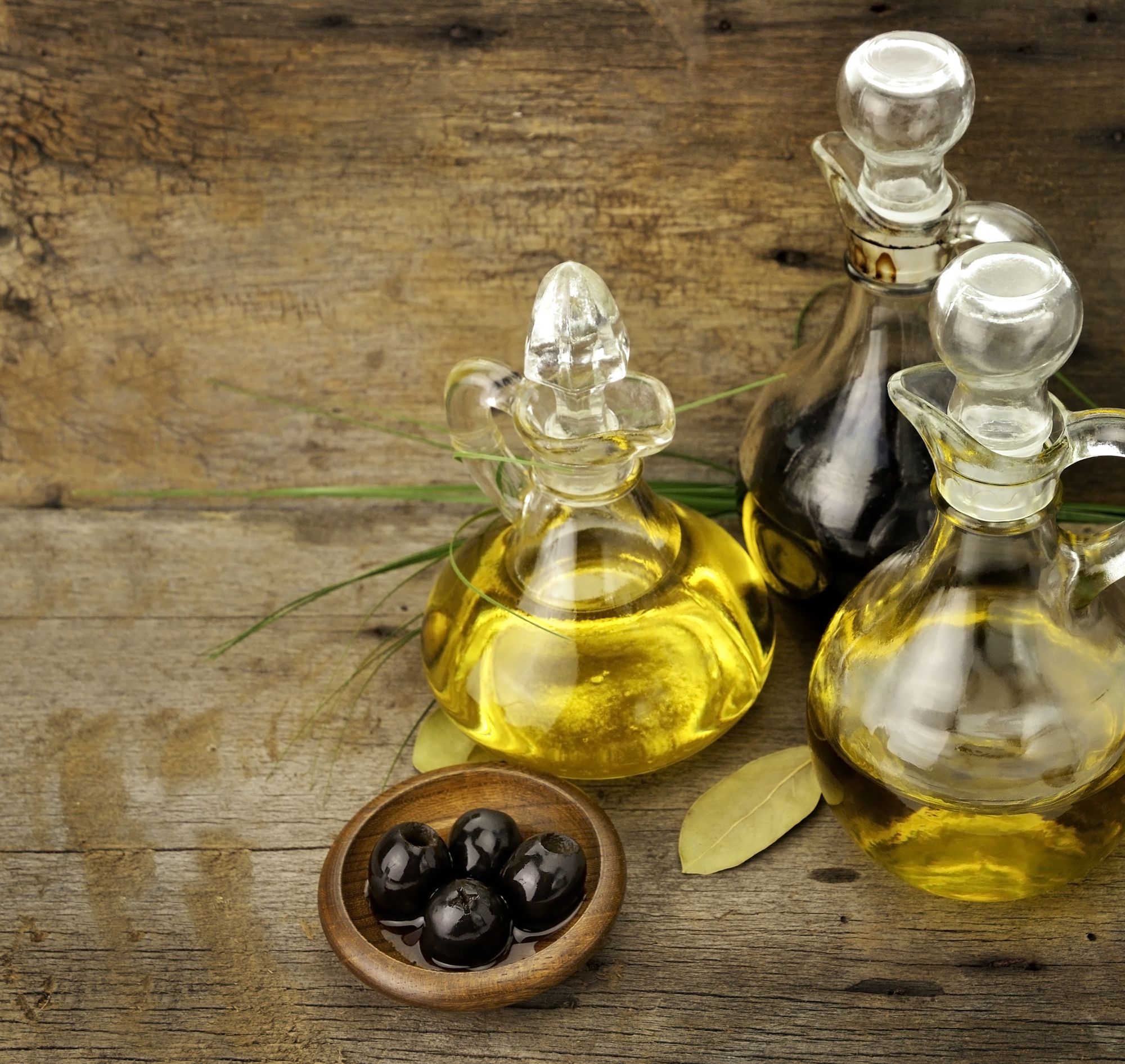
When many set out to buy a bottle of olive oil, they tend to just grab the first one they see on the shelf and continue on shopping. For olive oil enthusiasts and experts, that's a pretty offensive way to make a decision. After all, just like quality makes a difference when selecting the right wine or Scotch, it also does in the realm of olive oil and there's a reason why certain regions are famous for it. Whether you plan on traveling the world on an olive oil tasting adventure or want to up your epicurean game and become an olive oil expert (think wine sommelier), here are some much needed details about everyone's favorite bread and salad accompaniment.
Used in everything from cooking and cosmetics to oil lamp fuel and medicines, olive oil has quite the resume. While some people may not be too knowledgeable about it in the states, Mediterranean countries are experts — especially Spain, Greece, Italy, and Portugal where it’s pretty common to drive past little shacks in the middle of nowhere that sell the area's variety. It's important to note that Greece is considered the top olive producing nation and has the highest consumption of oil per person.

Assuming you don't know anything it, the oil is made by crushing olives into paste, which is then slowly churned until oil drops start forming so it can be separated from the pulp. There are four distinct grades, each with its own process that differentiates it, but the biggest classes seen for consumption are unrefined and refined. Unrefined (virgin and extra virgin) means that the oil was made without any machine use, while refined means that it's been chemically treated to alter the taste and acidity.
Obviously, extra virgin is considered the top (with virgin closely following), because producers have to make sure their tree crops are as healthy as can be, since there won't be any additives masking bad tastes. If it's really good, you should be able to pick up on the fruit profile. Plus, the purer the olive oil is, the better it is for you (like the possibility of improving diabetes, heart disease, and Alzheimer's).

While paying attention to the bottle is good, you really have to learn how to detect quality on your own. Olive Oil Times suggests tasting it straight by pouring a little in a glass and allowing it to warm in your hand. Like spirits, take a moment to appreciate the scent and take note of what it brings to mind, like apples and fresh grass (hay, cardboard, vinegar and mud are signs the oil has gone bad — shocker). If you want to take it a step farther and become a real authority, register for classes at the International Olive Oil School (IOOS) where you will learn from world experts and be able to spread your newfound love. Once you have a working knowledge, you can even start playing around with infusing your favorite olive oils with various ingredients to get different flavor profiles, like basil, jalapeño, garlic and rosemary.
You also need to shop in the right places (i.e. not Safeway), where associates know a thing or two about which brands are better. Make sure you select a bottle that has a harvest date within the last year and always try it out before you buy it (unless you manage to find a merchant you can trust). And of course, the better oils are going to cost more and you should think of it as you would buying a bottle of wine.

Every year the IOOS selects the World's Best Olive Oils and 19 Greek olive oils were among the best of 2014 (12 of which earned Gold Award status), though United States producers got 37 awards, 13 were given to brands from Latin America, and nine awards went to Croatia. If you want to have a tasting party at home, you may as well just tick off all the brands on the winning list, including Athena Oil, Bonum Terrae, Opg Zanini, Olivar Del Azaraque, Dry Creek Olive Company, and Cobram Estate.
If a tour is more your style, there are tons of places that offer olive oil tastings so all you have to do is figure out where you want to go. The options are pretty endless and just like wine tastings, there are little shops and huge groves that offer tastings in nearly every major city — this is especially true in Europe. If you like wine, maybe hit Napa Valley in California and plan a combined olive oil and wine tour. You should definitely visit Crete if Greece is more your style, since the island's location and layout is especially kind to olive trees.
Now that you have a better working knowledge of the magical liquid that is olive oil, go forth in the world and spread the love. Who knows, you may end up becoming one of those serious connoisseurs who brings their own bottle to gourmet restaurants.











